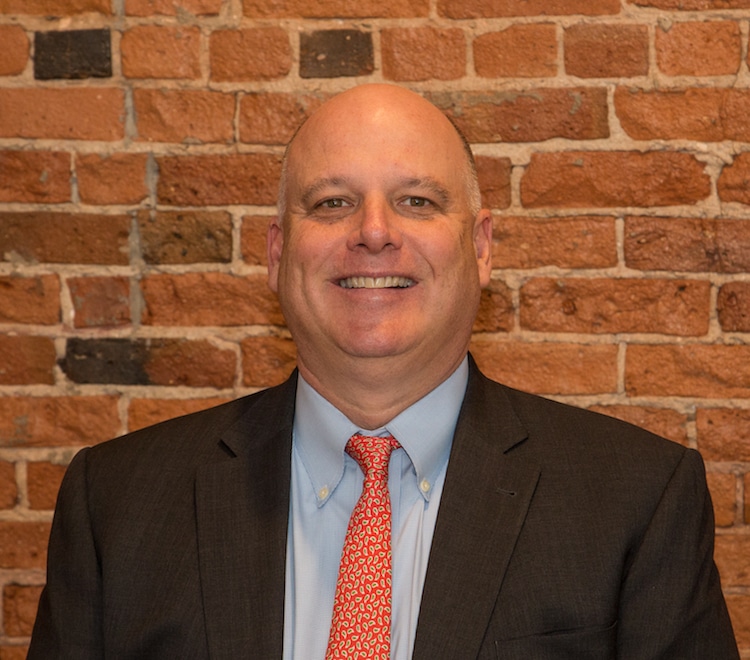Watch out for the new “Part-Time Fiduciaries” AKA Brokers and Bankers operating as Fiduciaries in the Delaware Valley. They are not SEC Registered Investment Advisors or SEC Registered Fiduciaries.
Since 1940, the US Investment Industry was generally comprised of Registered Investment Advisors (“RIAs”) who are held to the Fiduciarily Standard and who are registered and overseen by the SEC and Brokers are registered and have been overseen by a series of Self-Regulatory Organizations (“SROs”), like the NASD, The NY Stock Exchange and presently FINRA.
-RIAs are held to The Fiduciary Standard of Client interaction-
Under the SEC’s Fiduciary Standard, an RIA, like Winthrop Partners is legally bound to always put the Clients interests first, disclose any conflicts of interest, and ensure that their advice is based upon accurate and complete information. Also Fiduciaries like Winthrop Partners must file an Annual Form ADV, a public filing that discloses any current disciplinary or legal actions against us and describes how we are paid and our investment strategies.
-Brokers are Held to The Suitability Standard-
As one might expect, the Self-Regulatory Organizations weren’t as zealous in their oversight and held their brokers to lower standards than the standards SEC imposed on RIAs. The lower standards that brokers operated under were called the “Suitability Standard” which meant that brokers would put their own financial interests above their clients’ interests and charge high commissions or markup financial products to make a profit on their client interactions. These markups aren’t necessarily disclosed and frequently Broker-Dealers develop their own proprietary products which can further obscure their costs to clients.
-Regulation Best Interest (“Reg BI”) is promulgated in June of 2020-
Over the years Retail Clients learned to differentiate between RIAs like Winthrop Partners and Brokers like Merryll Lynch, Fidelity, or Charles Schwab. Brokers started using terms like Advisor and requested to use the term Fiduciary in attempts to expropriate the goodwill of these titles and confer it upon themselves. Broker-Dealers aggressively lobbied the SEC who in turn came up with the concept of “Best Interest” which attempted to placate brokers while simultaneously trying to elevate brokers’ standards of conduct. As a result, Brokers could not use the term advisors, but Brokers came up with new terms like Wealth Advisor that skirted the prohibition, but they could use the term fiduciary if they simply acted in the “Client’s Best Interest” at the time of their recommendation. As you might surmise, this created additional confusion
-Reg. BI sows confusion according to FINRA and NASAA studies-
In reviewing the effects of Reg BI, Barron’s 2-16-22 article “Critics Say Reg BI Isn’t working. Here’s Why”, the magazine provides excerpts from a FINRA study and a study by the North American Securities Administrators Association (a group representing state regulators) both stating that many Broker-Dealers and Individual Brokers are not enacting Reg BI in good faith. Unfortunately, REG BI produced a series of half measures which allowed a broker to call themselves Fiduciaries, “If at the Time of the Recommendation they acted in “the best interest” of the retail client”. The problem is what does ‘best interest” mean. In plain English it means acting in the client’s best interest, but the SEC did not define “Best Interest” and according to a 2022 FINRA study this omission allows Brokers to define the term at will and certainly not in accordance with plain English. Examiners found that (Broker Dealer) firms hadn’t updated their policies to stipulate how brokers should account for “how costs and reasonably available alternatives should be considered when making recommendations.” Likewise, the regulator concluded that firms hadn’t taken steps to address the recommendation of account types, or address “conflicts that create an incentive for associated persons to place their interest ahead of those of their customers.”
Furthermore, Brokers under Reg BI only had to act as Fiduciaries at the time of recommendation, but were not required to conduct the prerequisite client due diligence to ensure their recommendation was in the clients’ best interest or the post trade monitoring to ensure that the product remained in the clients best interest, two points in time that help cement the definition of the SEC’s Fiduciary Standard for RIAs
-Recommendation-
As a first step you should make sure that the “Fiduciary” you believe you are considering is an SEC Registered Fiduciary that can present a Firm ADV Part 2A, a personal ADV Part 2B and an ADV Part 3 CRS. Always check the bottom of the Front Page of a person’s website to see if their firm is owned by, or otherwise affiliated with a Broker-Dealer a sure sign they are not an SEC Registered Fiduciary. Be wary of a person who works for a registered Broker Dealer who describes themselves as a Fiduciary or a Wealth Advisor. There is a reason for them using these descriptors and it’s generally not to enlighten the client. Finally, another sure sign that an individual or a firm is An SEC Registered Fiduciary and Financial Advisor is their membership in NAPFA and the Fee Only Network. Both organizations only admit RIAs who pledge to charge a single well documented fee. Winthrop Partners is a member of NAPFA and the Fee Only Network.

Thomas Saunders is the Managing Partner of Winthrop Partners. Prior to founding Winthrop Partners, Tom was Senior Vice President at what is now JP Morgan. His career includes senior and executive roles at Brown Brothers Harriman and First Niagara Bank, a top 25 Bank. Click here to contact Thomas Saunders about your investment and planning requirements.

